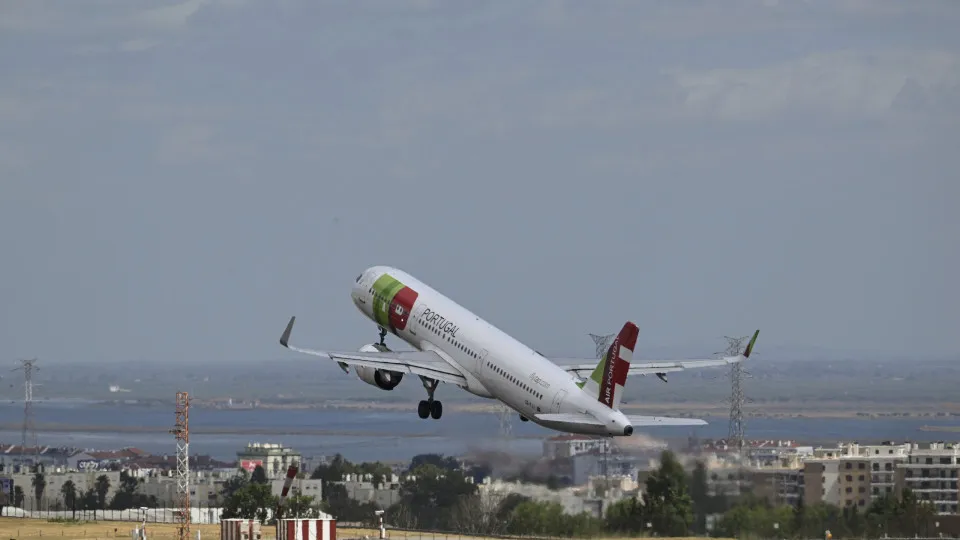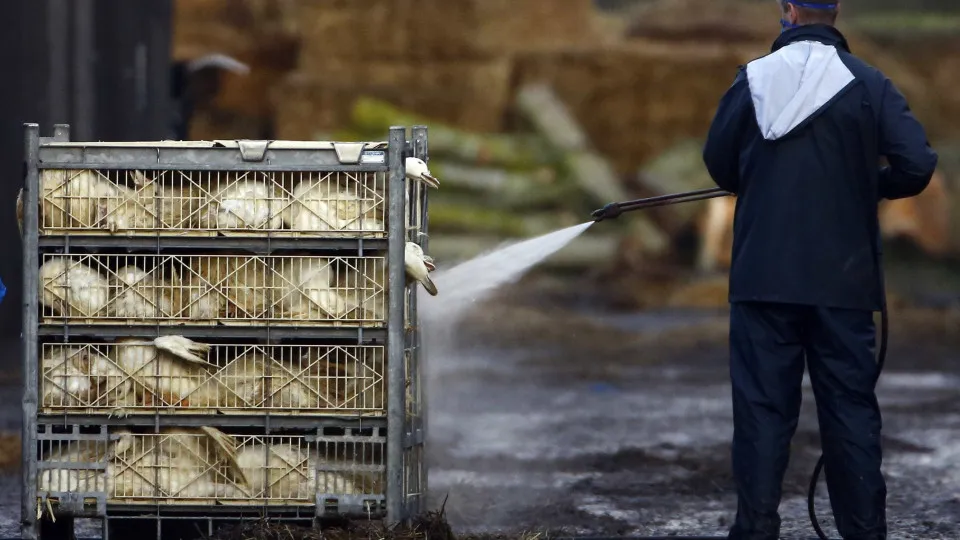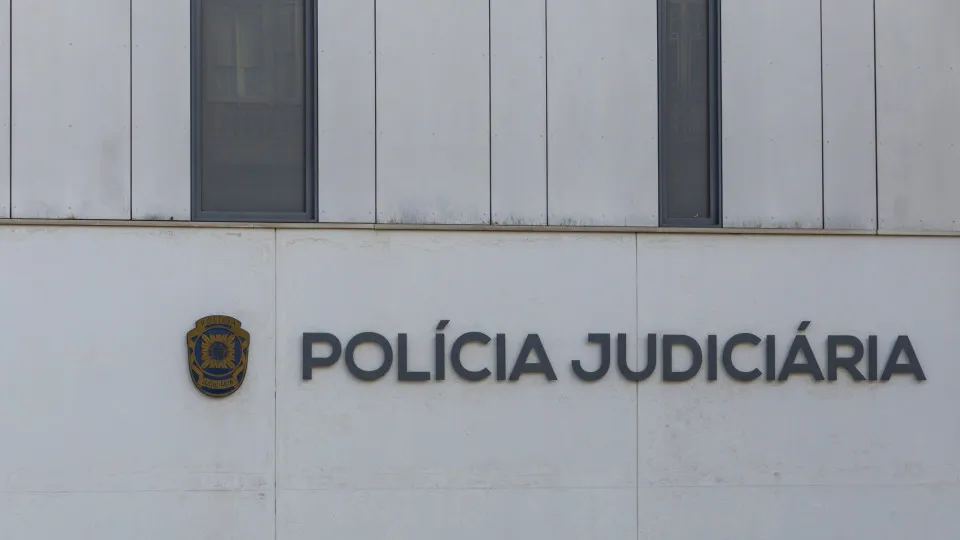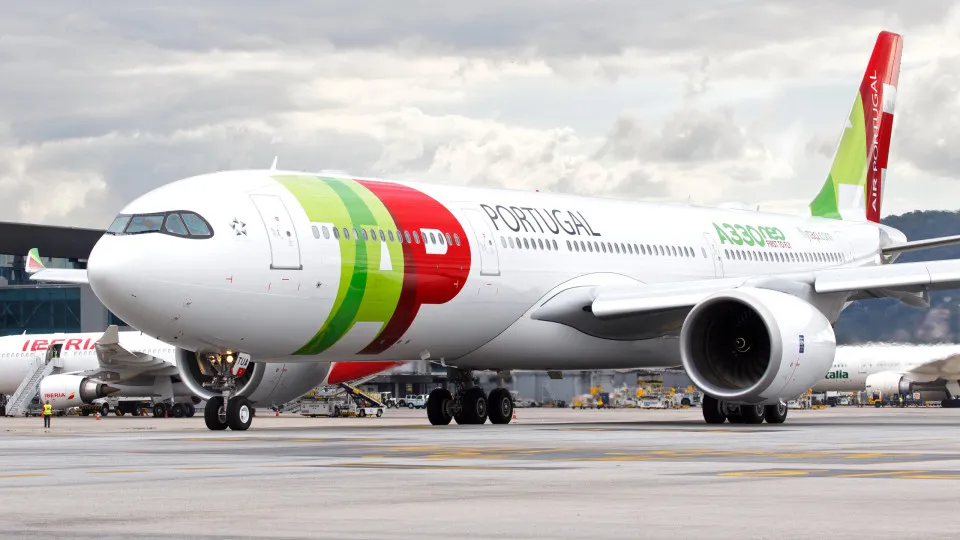
The Portuguese airline TAP reported a profit of 55.2 million euros for the first nine months of the year, as announced by the company.
In a statement, TAP noted that operational revenues reached 3.281 billion euros by September, marking an increase of 15.4 million euros (+0.5%) from the previous year.
For the third quarter, net results were positive, reaching 126 million euros.
By September, TAP had transported a total of 12.7 million passengers, a 2.9% increase compared to the same period in 2024.
The number of operated flights recorded a slight year-on-year growth of 0.7%, nearly matching the previous period.
Capacity increased by 3% compared to the first nine months of 2024, and the load factor rose by 1.3 percentage points, reaching 84.2%.
Recurring operational costs increased by 4.3%, reaching 3.054 billion euros in the first nine months of 2025.
The recurring EBITDA (earnings before interest, taxes, depreciation, and amortization) reached 592 million euros in the first nine months of the year, with a margin of 18.0%, dropping 73.5 million euros (-11.0%) compared to the same period last year.
The airline stated that this year marked “one of the busiest summers,” with increased capacity (+4%), more passengers transported (+4%), and more flights operated (+1%) compared to the summer of 2024.
However, it was “also one of the most challenging,” TAP acknowledged, citing “various operational disruptions,” particularly constraints in border control at national airports and European airspace, impacting operational performance and customer satisfaction.
As of September 30, 2025, TAP’s liquidity position was at 1.025 billion euros, an increase of 373.9 million euros compared to December 31, 2024.
In the statement, TAP’s CEO, Luís Rodrigues, indicated that the airline “demonstrated solid performance in the third quarter, with increased revenues driven by a significant contribution from Maintenance,” adding that operational results were “solid” and that the net result “fully offset the losses of the first half.”
He emphasized that the summer was “marked by persistent competitive pressures and operational disruptions, from strikes, mainly in handling, to border control constraints at national airports, airspace restrictions in Europe, and adverse weather events” that “continue to affect” TAP’s operations.
He noted that during this quarter, the shareholder approved the initiation of the partial privatization process of the company’s capital, recognizing that the process “is expected to extend over several quarters” and that the national airline remains focused on “transforming TAP into a sustainably profitable and attractive company, consolidating operational efficiency and financial sustainability.”
As for the outlook for the last quarter of the year, reservations remain robust, slightly above the previous year, amidst increased capacity and a clear trend for shorter booking windows.
The statement noted that competitive pressure in the main markets is expected to persist, continuing to impact the evolution of unit revenues.
“The focus remains on maximizing revenue quality in key markets through strong load factors, leveraging TAP’s geographical advantage and unique network to maintain its leadership position,” it added.
Despite delays in aircraft deliveries and the entire supply chain, the fleet modernization strategy continues to progress, with the delivery of an Airbus NEO aircraft expected by the end of the year, the statement added.




